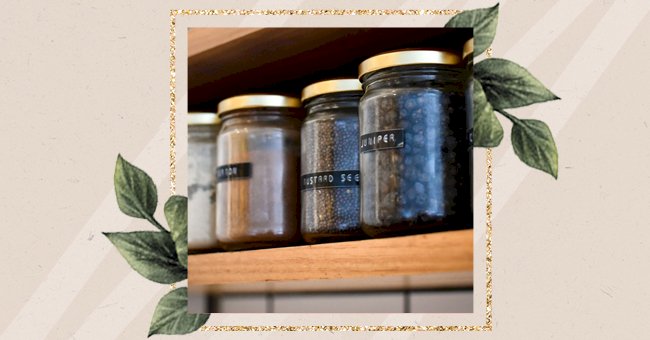
10 Vegan Pantry Staples Worth Keeping
Whether you’re transitioning to a plant-based diet or you’re already vegan, there are some essentials you should keep in order to get your daily nutritional intake in check.
As healthy as a plant-based diet can be, it might not include all the daily nutrition our body needs. So, it’s essential to keep some vegan pantry samples to help you with that.
Some meals require a bit more and some of these samples are an easy and convenient way to add to your meals and diet. Here’s a list of ten plant-based pantry staples that it’s great to have at home.
Flaxseed
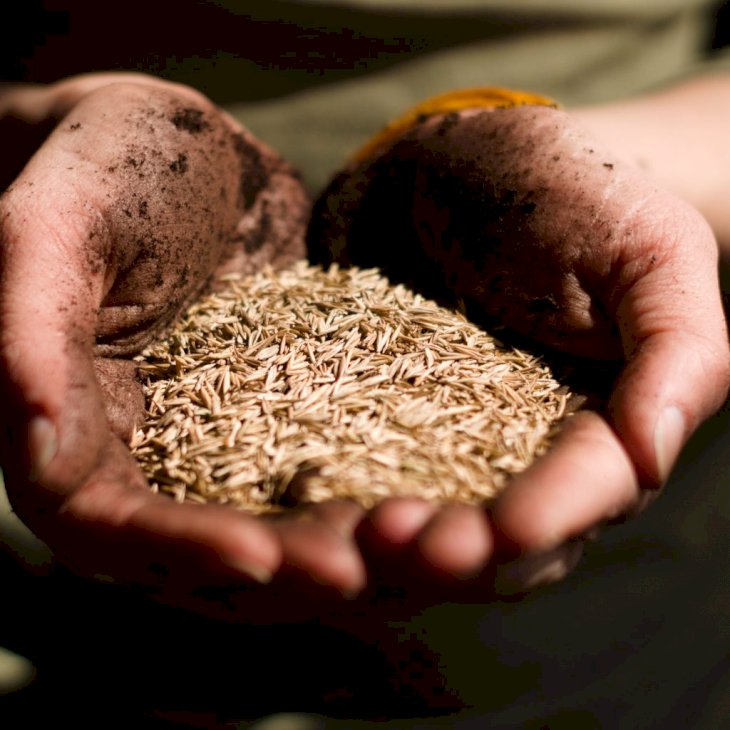
Photo by Vince Veras on Unsplash
Flaxseed is packed with omega-3 fatty acids, fiber, and antioxidants. You can either buy a preground flaxseed meal or grind it up yourself in a coffee or spice grinder. Add to your breakfast cereal, smoothie, juice, or porridge, or use it as a vegan substitute for egg.
Beans and Lentils
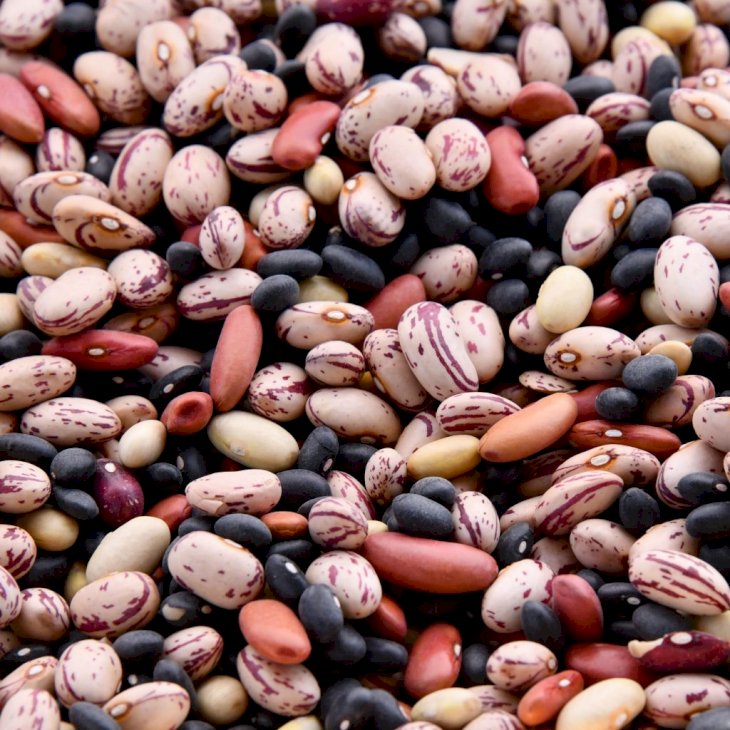
Photo by Shelley Pauls on Unsplash
Beans and lentils are a fantastic source of plant-based protein. They also contain fiber, essential fatty acids, potassium, folic acid, iron, and calcium. Also, beans and lentils are cheap and filling.
Add them to any recipe or meal you wish. A lot of delicious recipes from Mexican, South America, and Indian use lentils and beans.
Nuts & Seeds
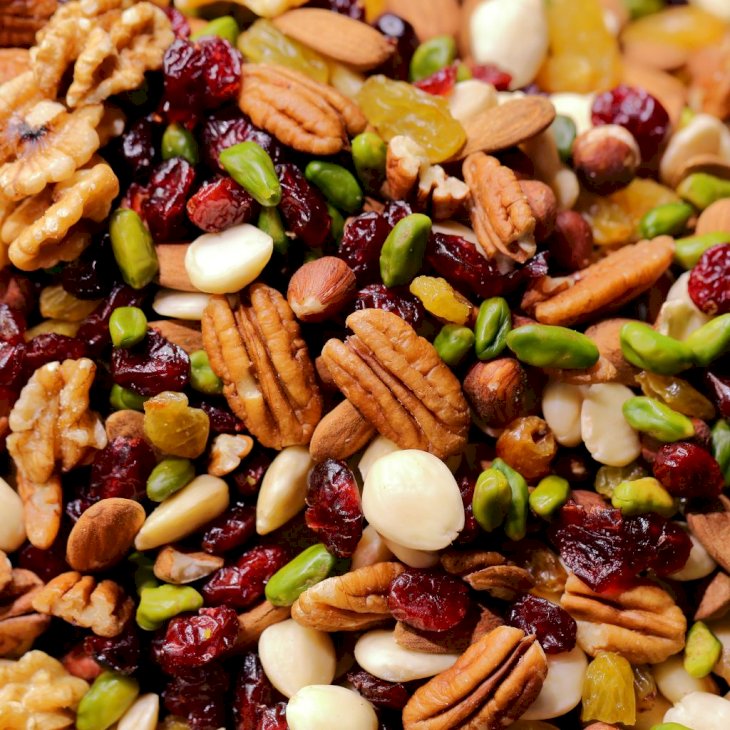
Photo by Maksim Shutov on Unsplash
Nuts and seeds are nutrient-dense with plenty of calories, healthy fats, fiber, protein, minerals, and vitamins. Besides being a great addition to your salad, smoothie, or regular meal, you can eat them as a healthy afternoon or morning snack.
Spices
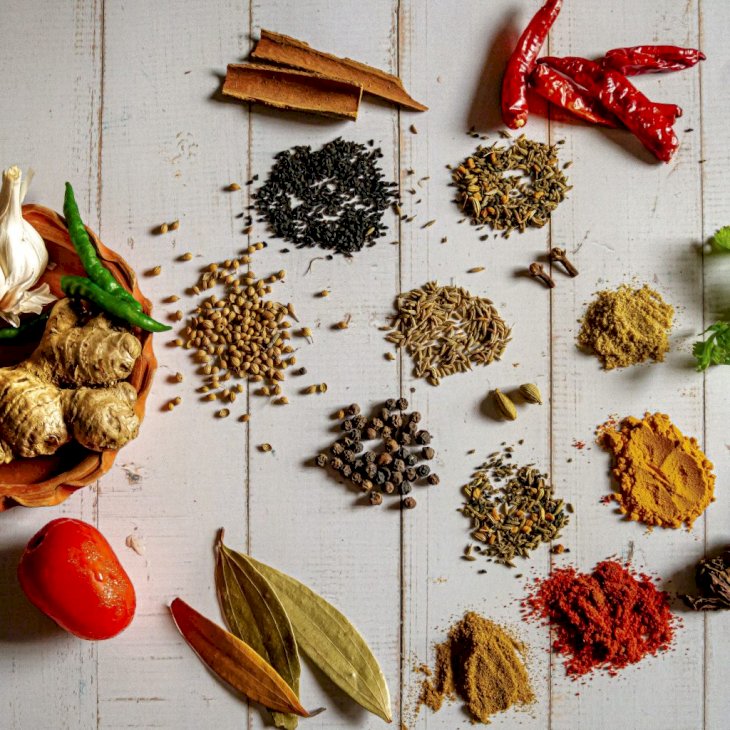
Photo by Ratul Ghosh on Unsplash
Spices don’t only add flavor to the meals, but they also have numerous health benefits. Avoid pre-mixed spice bottles that contain salt and other additives. Instead, opt to buy them in bulk from a local health food store, and include both ground and whole-seed versions.
Chia Seeds
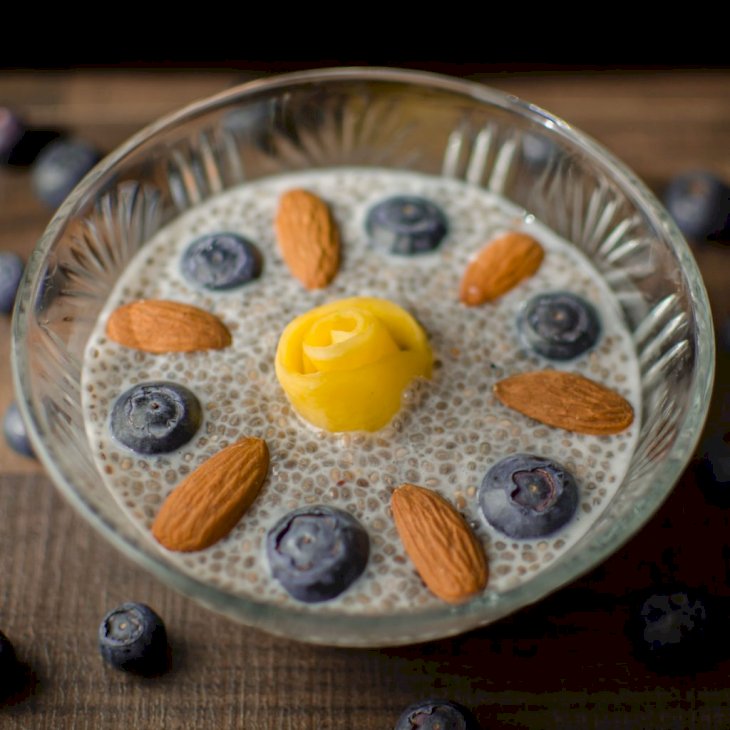
Photo by Adél Grőber on Unsplash
Chia seeds are packed with high amounts of omega-3 fatty acids, fiber, antioxidants, vitamins, and minerals, and they’re easy to find, mostly in supermarkets and health food stores. You can also buy them online—an excellent addition to your breakfast.
Quinoa
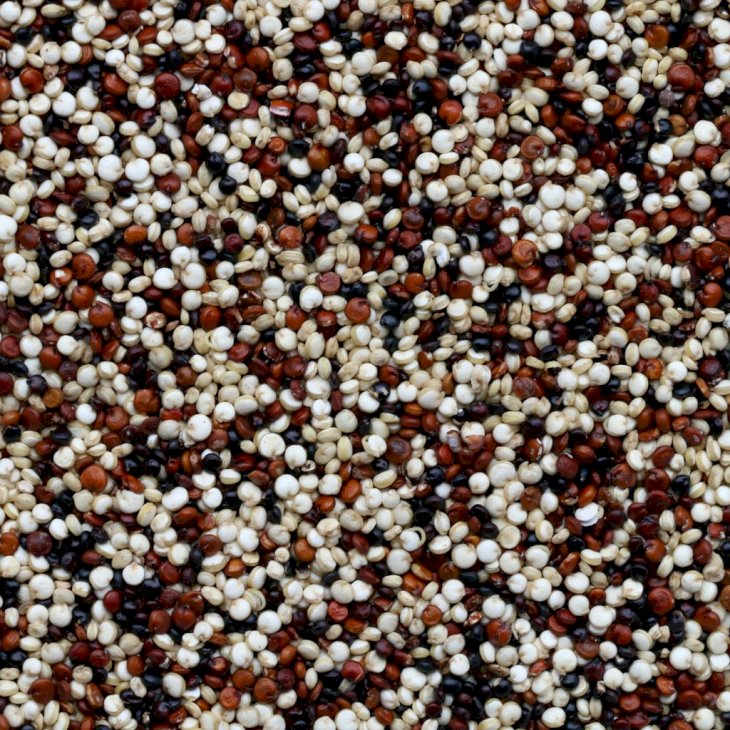
Photo by Pierre Bamin on Unsplash
Quinoa contains a high amount of protein — 14g per 100g of quinoa and 7g of fiber. You can replace quinoa with other complex carbohydrates in your meal, such as pasta and rice. And there are other endless options and recipes you can choose from.
Nutritional Yeast
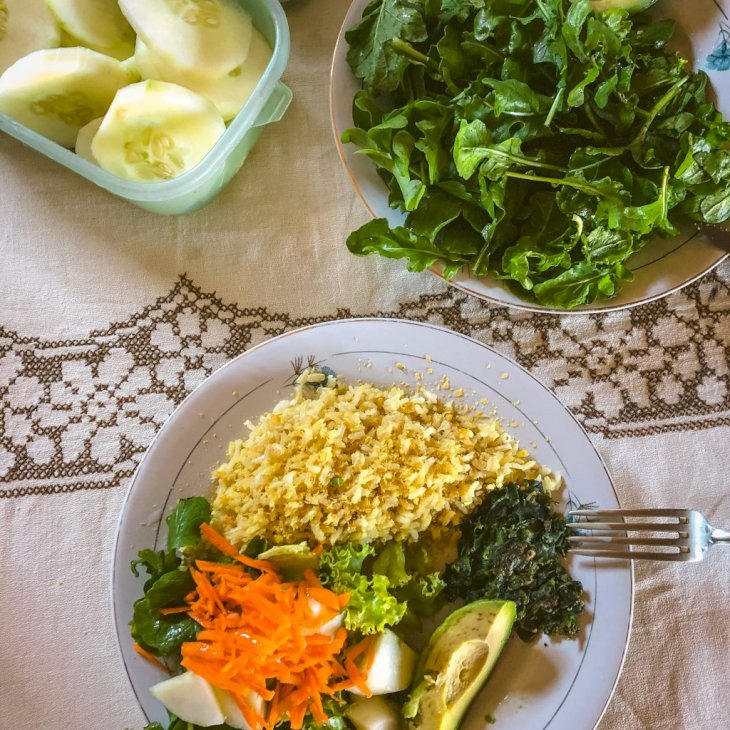
Photo by Hristina Šatalova on Unsplash
Nutritional yeast has a cheese flavor, so it’s often used to make vegan cheese or used as a substitute for cheese in a number of vegan dishes. It’s rich in folic acid, iron, zinc, vitamins B12, and others of the complex B. Add them to your vegan recipes or sprinkle on salads.
Canned Tomato
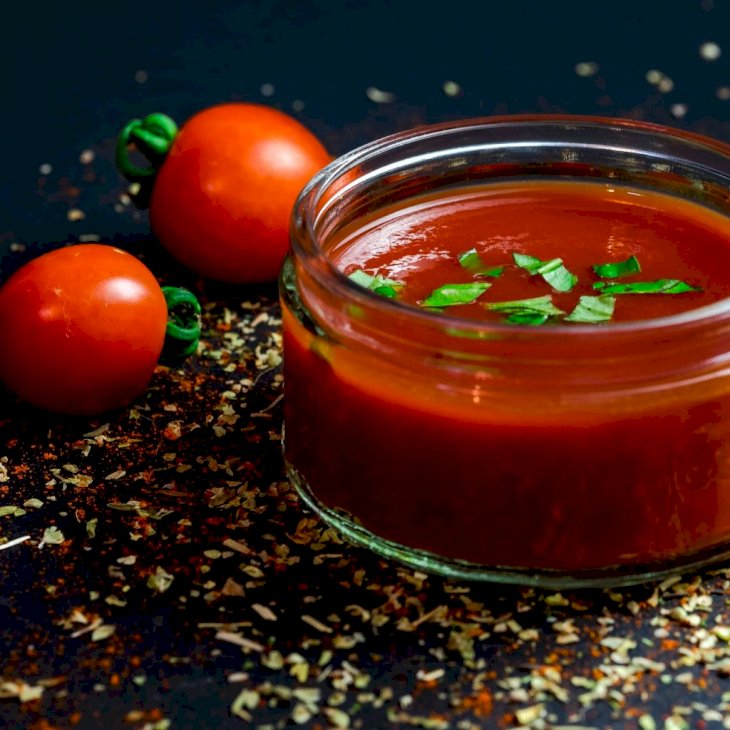
Photo by Dennis Klein on Unsplash
That are endless ways to use and consume tomato, so you can literally add in any dish you’d like. This fruit is super healthy and a great source of lycopene, vitamins A, C, and K, and minerals such as magnesium, copper, potassium, and folate.
Chickpeas
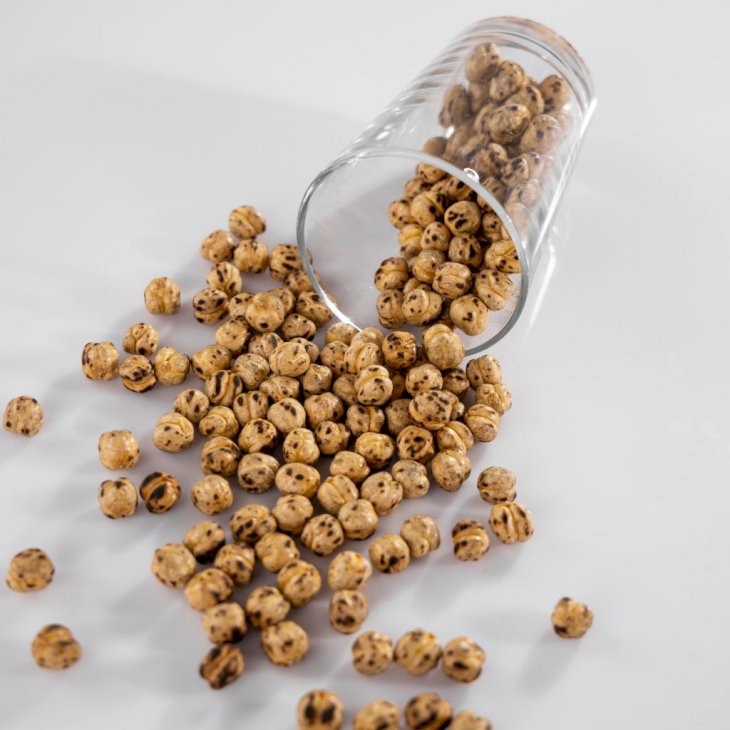
Photo by engin akyurt on Unsplash
Chickpeas are another great source of plant-based protein. A cup of chickpeas contains 14.5g of protein and 12.5g of fiber, and it’s high in vitamins and minerals too. Prepare salads, soups, veggie burgers, hummus, curries, wraps, and so much more!
Whole Grain Pasta
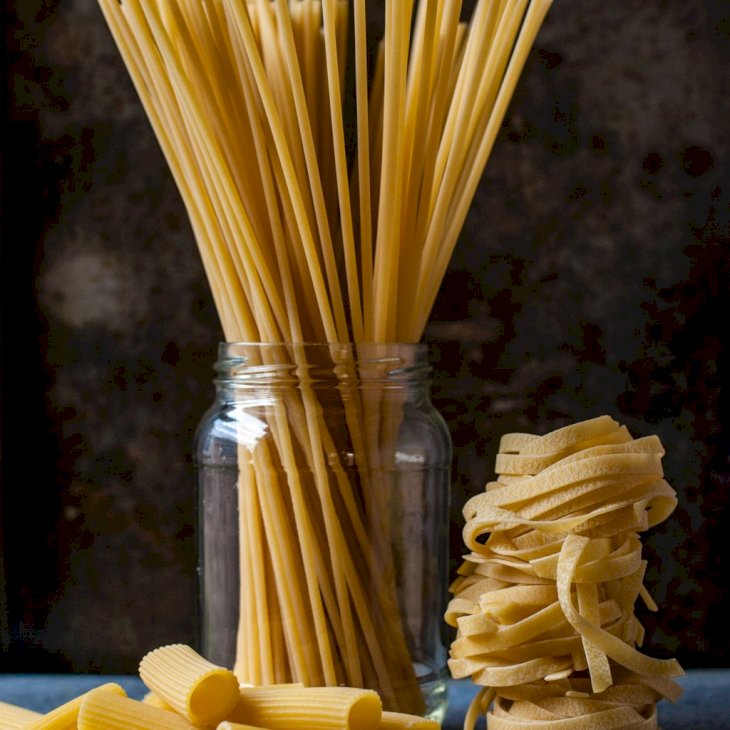
Photo by Heather Gill on Unsplash
Consuming whole, minimally processed, and even sprouted grains are more beneficial to our health than eating their processed versions.
It keeps the nutrients and fiber available in whole grains. I don’t need to go through all dishes you can prepare with pasta, just don’t forget to buy them as whole grains.